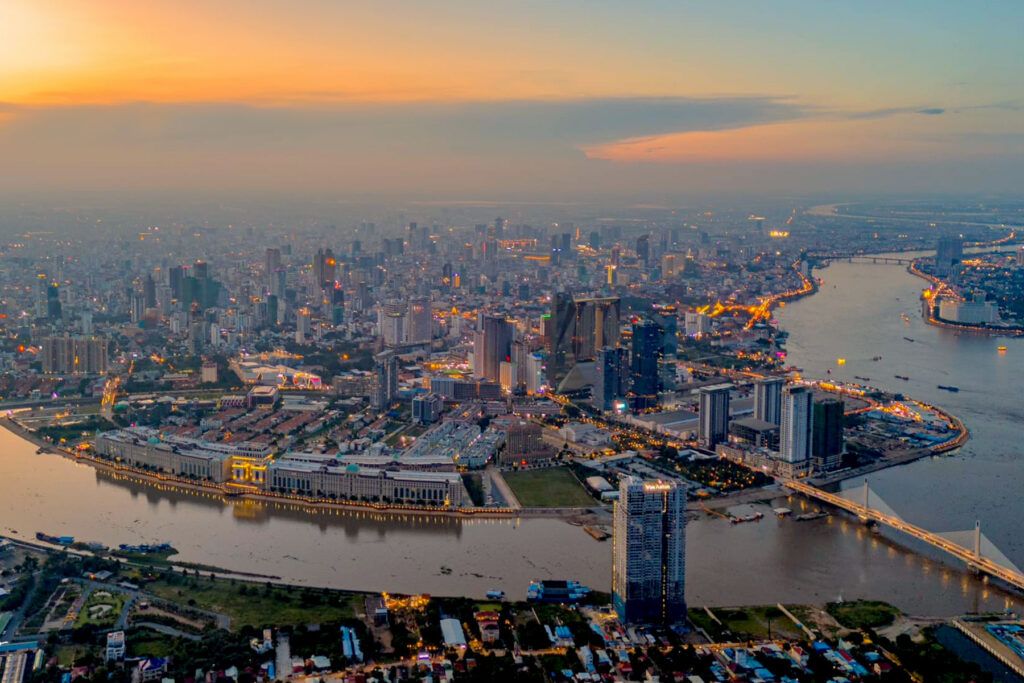IPS Executive Director Malay Nop shares her insights on the circulating concerns on condo supply, stating that it is rather facing an imbalance than oversupply.
The residential market in Cambodia has seen continuous growth since the late 2000s due to a rise in demand from expat professionals and skilled workers who have been moving into Phnom Penh. Mostly coming from Asian countries such as China and Vietnam, the expats main reason for moving in the capital is due to lower costs of living compared to other major cities such as Hong Kong and Singapore.

It was then that the developers saw a potential and began building condominiums in Phnom Penh. With a current supply of over 30,000 units across 100 buildings, the condo supply is projected to increase dramatically in the coming years as new projects are announced at a rapid rate. According to a real estate report, there are currently more than 30 projects in place for Phnom Penh and are planned for completion by 2025. This will bring the total condo supply to 80,000 units by that time.
Despite the fact that there are more condos on the market than ever before, IPS Executive Director Malay Nop believes that majority of the supply does not meet the demand.
The rapid rise of demand for condominiums in Phnom Penh has led to developers wanting to supply the demand, which resulted in a large number of new condos being built and sold. However, there are certain factors that should have been considered first, particularly the market’s wants and needs. According to her, developers should have taken to account that the demand is mostly coming from expats and that this market have unique preferences.
Living in larger spaces is a common trend among expats especially most of them are coming from countries where they had their own room or apartment. Although moving to Phnom Penh may change the way they live, expats often want to feel that they are still home by having a large space that resembles their previous living situation. Despite that, most developers have been building compact condominiums rather than larger ones.
For instance, IPS recorded a high demand for 1 to 3-bedroom units with balconies last year. These units have an average net area of about 50 sq.m and 150 sq.m, respectively. Based on our data, expats highly prefer open spacious layouts, high ceilings, and a sufficient-sized kitchen.
These preferences do not align with what most developers are offering today. The supply of condominiums in Cambodia is currently imbalance. The lack of foresight by developers has not only led to an oversupply of small units but also an oversupply of unsold properties. Hence, the misconception that condo market is facing oversupply.
Malay believes that “if the condo developers can shift to building larger units, with good quality facilities that can be managed and maintained well by a professional property management, then the future supply can meet the demand and the condo market can then be considered on the side of supply market.” She added, “at present, it is still on the demand market where demand is higher than supply.”
The good news is that there are newly launched condo developments in the central business district that will meet the future demand, namely J-Tower 3, Odomនិង Time Square 7 offering 3 to 4 Bedroom units. Additionally, the demand for residential units in Cambodia is expected to continue over the next few years, driven by a high demand from foreign nationals and the return of expats to the Kingdom.

